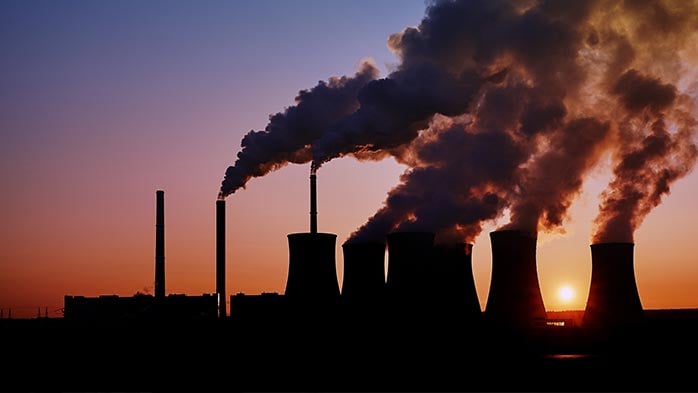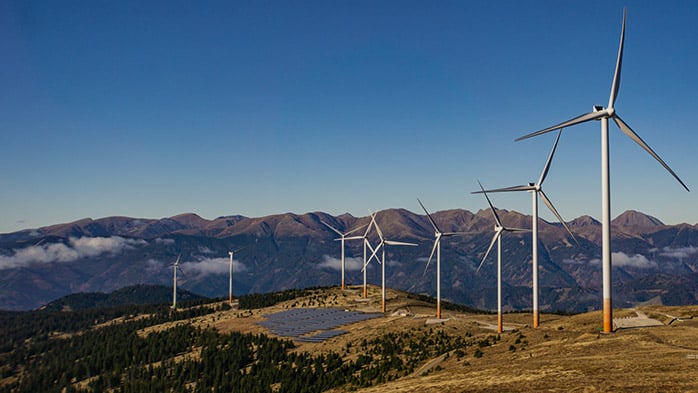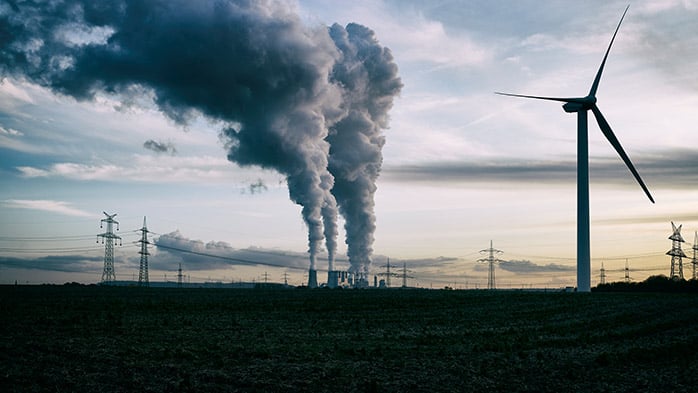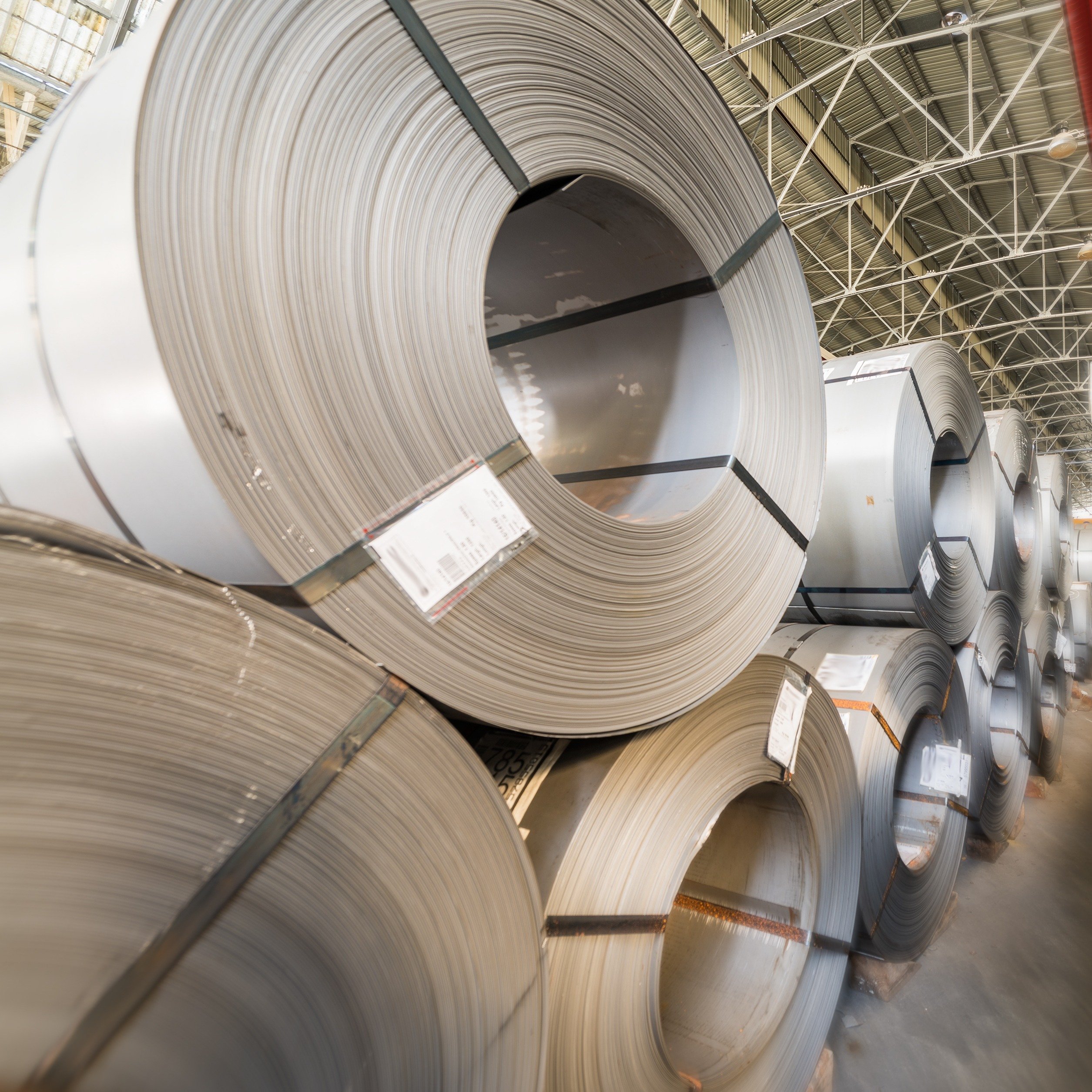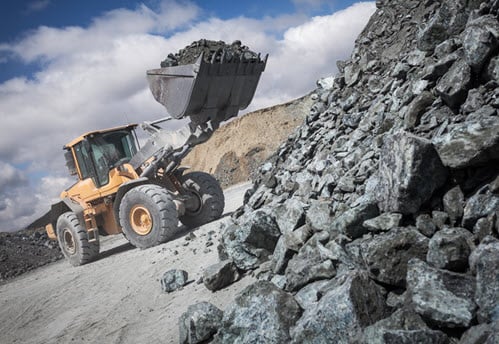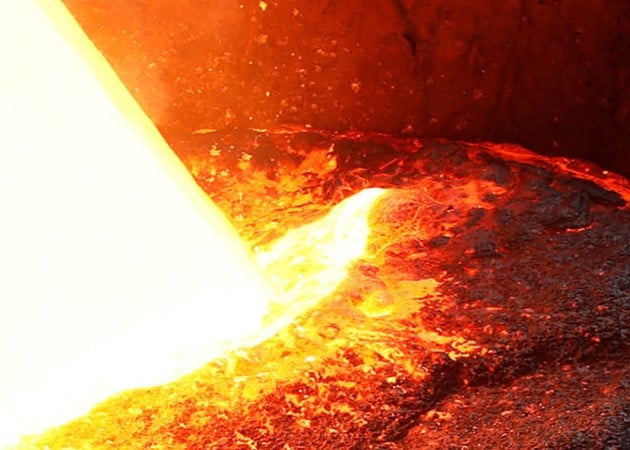Gathering data and insight from across the value chain and making it available to clients at every step is an important part of our job.
Doing this well means ensuring that everyone has a common understanding of how the market works. Take a look at our jargon buster for a quick guide and get in touch for the in-depth view:
Raw Materials / Feedstock
Natural Graphite – A crystalline form of carbon with its elements arranged hexagonally, occurring naturally in different ore deposits.
Coal Tar – Thick dark liquid obtained as a bi-product of coke production from coal. It is distilled to produced Coal Tar Pitch.
Coal Tar Pitch – Black or dark brown solid product obtained by distilling coal tar. It is heat treated and then calcined to produce Needle Coke for use in electrode manufacturing.
Green Coke – Fuel-grade, unprocessed coke directly out of the coker and normally high in sulphur and metal impurities. It is calcined in a rotary kiln to remove volatily hydrocarbons to produce calcined petroleum coke (CPC).
Pyrolysis – Process of separating the different molecules of organic materials through the application of high temperature in an inert atmosphere.
Biomass – Any plant or animal material used to produce electricity or heat. Includes wood, sewage, animal and industrial residues and crops.
Carbon products
Anode Graphite – Graphite is the main raw material used in the production of negative electrodes (anodes), which are used in Lithium Ion batteries.
Needle Coke – Specialty grade of Petroleum Coke, low in sulphur, used in the production of Graphite Electrodes used in Electric Arc Furnaces, as well as Aluminium and Silicon smelting.
Calcined Petroleum Coke (CPC) – Carbon-rich solid material obtained as a residue from oil refining or the calcining of Green Coke. CPC is the main raw material used in the production of electrodes for Aluminium and Silicon smelting, as well as reductants used in industrial smelting.
Carbon Black – Solid material produced by the incomplete combustion of heavy petroleum products such as tars. It is used primarily as a reinforcing filler in rubber products.
Acetylene Black – A type of carbon black formed by decomposing acetylene (through pyrolysis or other heat processes). It is chiefly used in the production of rubber.
Downstream applications
Reductant – Element or compound used to remove oxygen from other compounds in chemical reactions.
Metallurgical Coke – Coke used by chemical distillation of metallurgical coal in coke ovens, and used in the production of iron and steel.
Electrode – Electrical conductor used to make contact with a non-metallic part of an electric circuit. Essential elements in the production of EAF steel, aluminium and silicon smelting.
Carburizer – Additive in steelmaking or casting used to increase the carbon content.
Waste products
Black mass – Residual product from shredding lithium ion batteries to recycle them. The black mass is rich in lithium, cobalt, nickel and manganese, which can be extracted and reused in battery production.
Pyrolysis Oil – Synthetic fuel used by heating dried biomass without oxygen, currently being investigated as a possible substitute for petroleum products.
Get in touch with our specialist team to tell us about your technical carbon challenge and learn how our experience and expertise can give you the commercial advantage you need.







